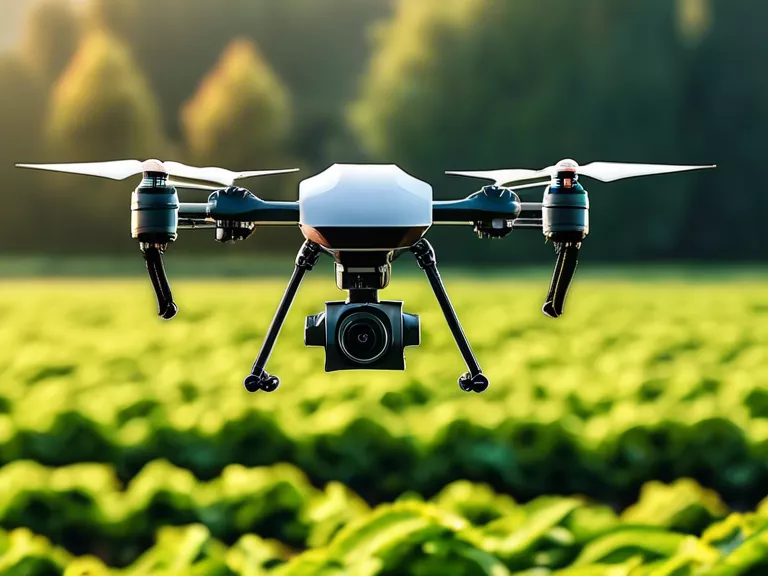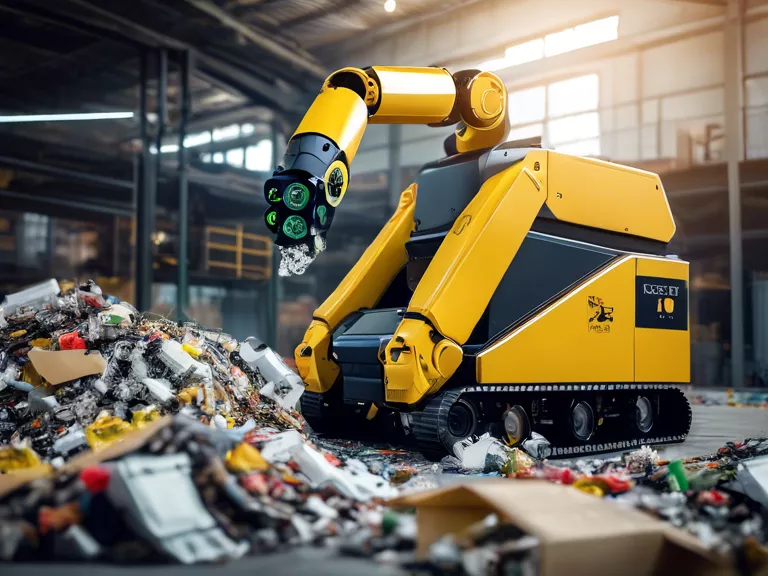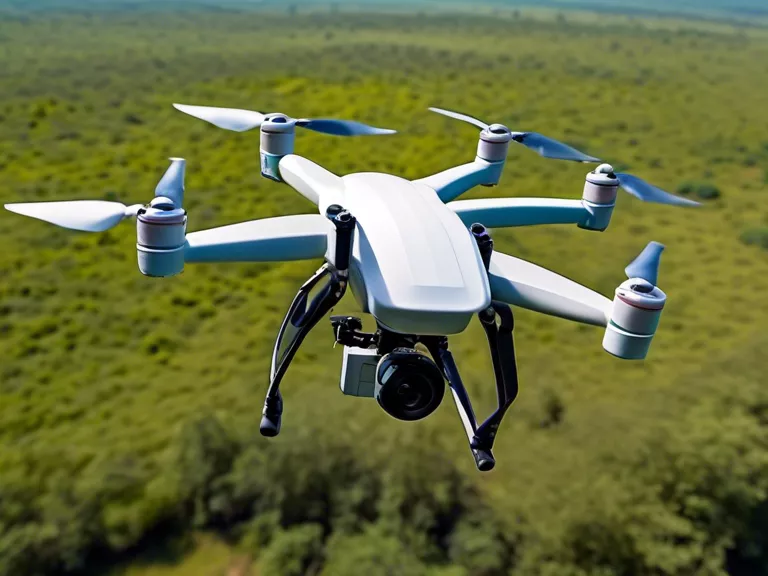
In recent years, the use of AI-driven drones in agriculture has been revolutionizing the way farmers manage their crops. One area where these drones are making a significant impact is in pest control. By utilizing artificial intelligence algorithms, drones are able to detect and monitor pest infestations in real-time, allowing farmers to take proactive measures to protect their crops.
AI-driven drones are equipped with high-resolution cameras and sensors that can detect changes in plant health and identify potential pest threats early on. These drones fly over the fields, capturing images and data that are then analyzed by AI software. The software can identify specific types of pests, such as aphids or caterpillars, and provide detailed information on their location and severity of infestation.
Once a pest threat is identified, the drones can be programmed to take immediate action. This can include spraying pesticides or other treatments directly on the affected areas, reducing the need for large-scale spraying that can harm beneficial insects and lead to environmental damage. Additionally, drones can also be used to release natural predators of the pests, such as ladybugs or parasitic wasps, further minimizing the reliance on chemical pesticides.
The use of AI-driven drones in agricultural pest control has several advantages. Firstly, it allows for early detection of pest infestations, preventing them from spreading and causing extensive damage to crops. Secondly, drones can cover large areas of farmland quickly and efficiently, saving farmers time and labor costs. Lastly, the targeted application of pesticides and treatments reduces the overall amount of chemicals used, promoting sustainable and environmentally-friendly farming practices.
In conclusion, AI-driven drones are proving to be valuable tools in agricultural pest control. By combining advanced technology with the knowledge of farmers, these drones are helping to protect crops from pests in a more precise and efficient manner. As technology continues to evolve, the role of drones in agriculture is likely to expand, offering even more innovative solutions to the challenges faced by farmers.



